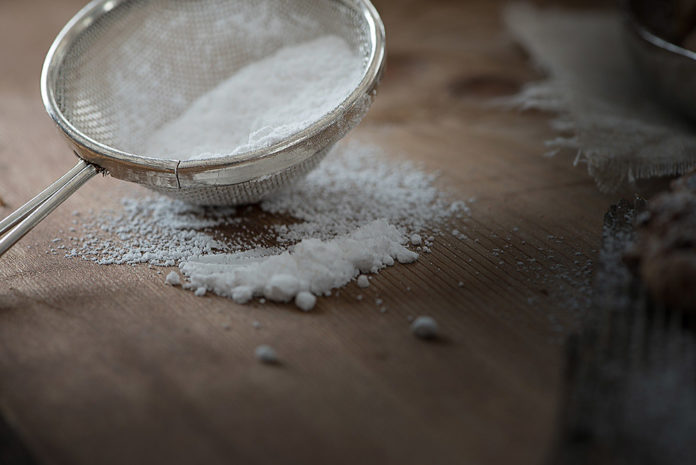Sugar is a major cause of cavities and tooth decay in both adults and children, but most people are not aware just how much sugar is hidden in savoury foods that you wouldn’t expect to contain any.
Public Health England (PHE) have been focussing on uncovering the hidden levels of sugar in commonly available processed savoury foods and snacks. They have issued a warning for people to be more aware of sugar levels in savoury foods and pureed vegetables especially, such as soups and frozen ready-prepared vegetable dishes and cooking sauces.
While it is quite well known that natural and concentrated fruit juices, smoothies and fruit bars contain a high level of harmful sugar, most people will choose these still thinking that they are more healthy than colas or fizzy drinks. However, consuming these high-sugar products is helping to fuel the obesity crisis and the rise in the levels of tooth decay in the UK.
But savoury foods have less sugar, right?
While you might think you are making a sensible choice by choosing savoury foods over sweet foods, PHE are now warning that pureed savoury foods are also leading sources of hidden sugars, these foods include baked beans and pulses, prepared vegetables and savoury cooking sauces.
What is causing a lot of confusion for the general public is that labelling can be misleading. They may be consuming savoury foods in the belief that the sugar content will be low to zero, but will in fact be adding to their daily sugar levels in a big way. This can leave a lot of people, especially parents, confused over what foods to include for a healthy diet.
Children are consuming more sugar than ever
For children’s oral health especially, it is wise to cut down or eliminate as much sugar as possible in their diet to keep their developing teeth healthy and to help prevent tooth decay. However, if you are allowing some sugary foods and sweets as ‘treats’ it may shock you to know that even at mealtimes you could be adding extra sugar to their diet in the form of savoury foods with hidden sugars. So a bowl of pasta with a bolognaise sauce, or even baked beans on toast will be delivering a large boost of sugar, even when you think you are being careful with treats and sugar snacks.
PHE also revealed that according to the latest statistics, children in the UK are consuming more than a year’s worth of recommended sugar in under six months. Their research has also uncovered that children are now eating five times more sugar during the summer months when compared to winter months. This is quite a scary realisation!
While it is recommended that sugar should make up no more than 5% of your daily calorie intake, choosing savoury foods such as pureed vegetables can be increasing your intake without you realising and can cause real confusion over what foods are healthy and what is not. Currently sugar makes up 13.5% of four to 10-year-old’s calorie intake, and 14.1% of the calorie intake for teenagers.
PHE recommends that people look more closely at ingredient listings to seek out hidden sugars and avoid savoury products that contain excess amounts of sugar and sweeteners.












